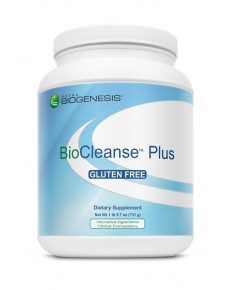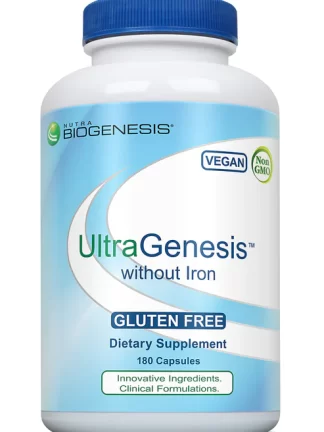Description
Each capsule contains 500 mg L-carnitine, an essential cofactor involved in transporting free long chain fatty acids, to help support healthy metabolic pathways.
$45.29
Each capsule contains 500 mg L-carnitine, an essential cofactor involved in transporting free long chain fatty acids, to help support healthy metabolic pathways.
Each capsule contains 500 mg L-carnitine, an essential cofactor involved in transporting free long chain fatty acids, to help support healthy metabolic pathways.
| Unit | 60C |
|---|---|
| Suggested Use | Serving Size 1 veggie capsule Servings Per Container 60 As a dietary supplement, take 1-2 capsules daily between meals, or as directed by your healthcare professional. |
| Nutrition Facts | Amount per serviing: L-Carnitine Tartrate (67%) (Yields 500 mg of Elemental L-Carnitine) 750 mg |
 BioCleanse Plus Powder, 1.8 lbs
BioCleanse Plus Powder, 1.8 lbs
 UltraGenesis without Iron, 180 Capsules
UltraGenesis without Iron, 180 Capsules
Reviews
There are no reviews yet.